John Betts House
In the early 1960’s, John Betts’ House, in Rylett Road, was constructed as a 2 storey rectangular building around an enclosed garden. When it opened in 1964, John Betts’ House provided 35 residential flats of which 11 were one bedroom with sitting rooms, the remaining 24 being bed-sits.
A further storey was added in 1992 providing an additional 7 flats and the bed-sits were converted to one bedroom flats with a separate sitting room. As with Sycamore House, there are generous communal facilities.
Click here for photos of John Betts House from our Open Day in February 2020.

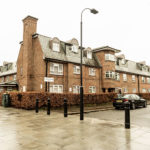








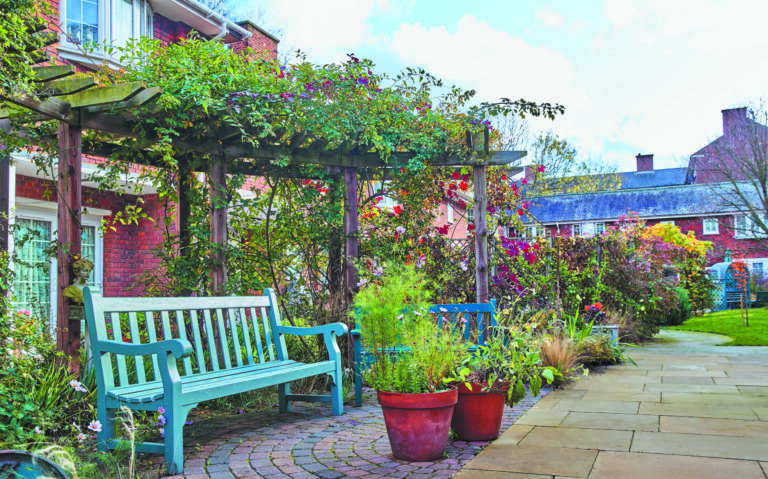
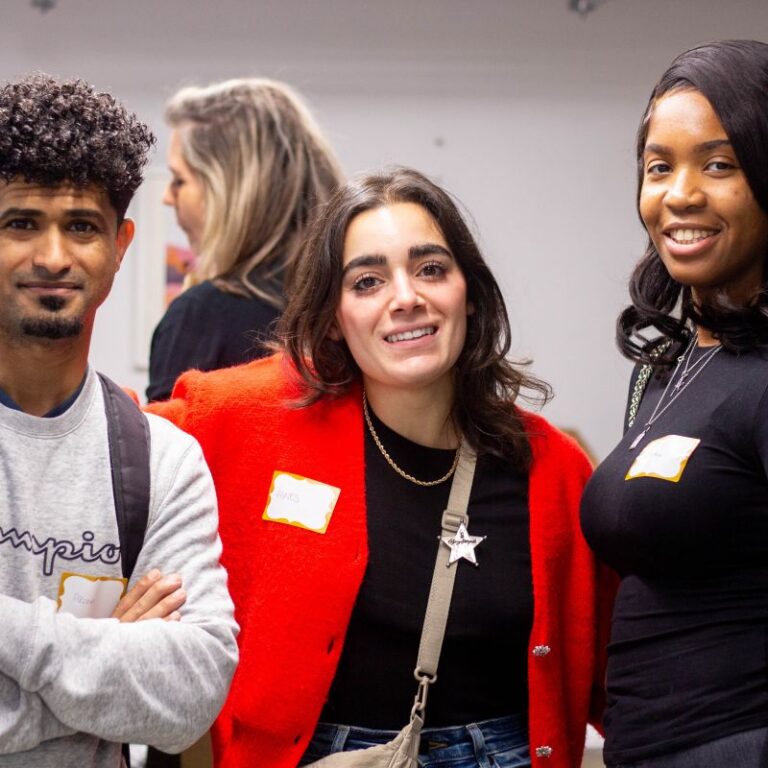
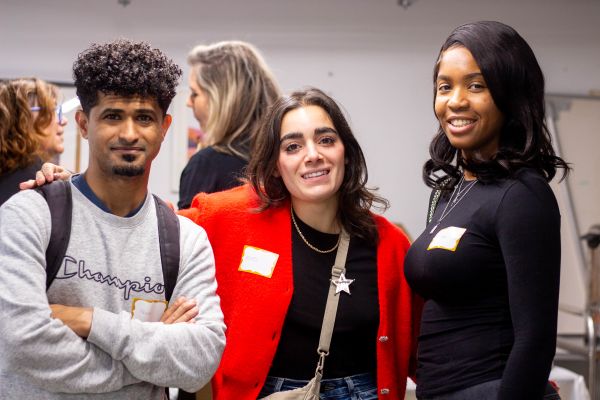
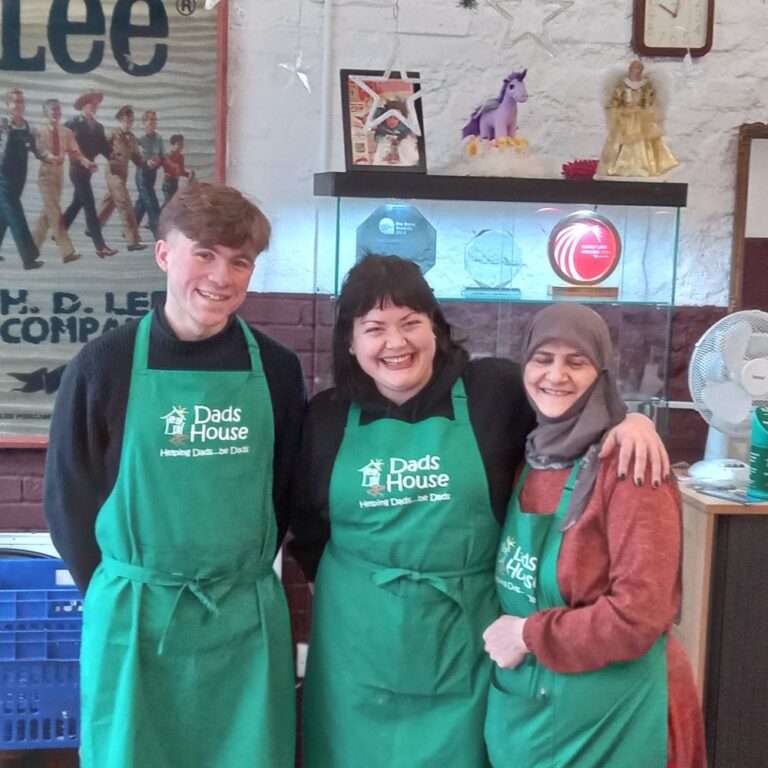
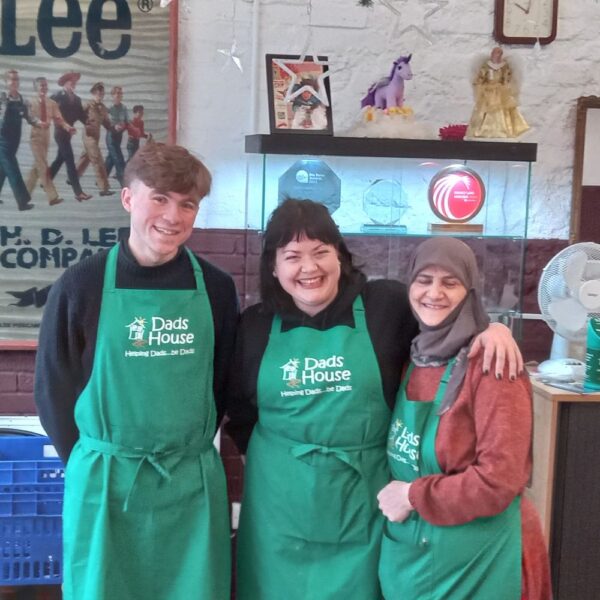 Food bank and lunch club
Food bank and lunch club
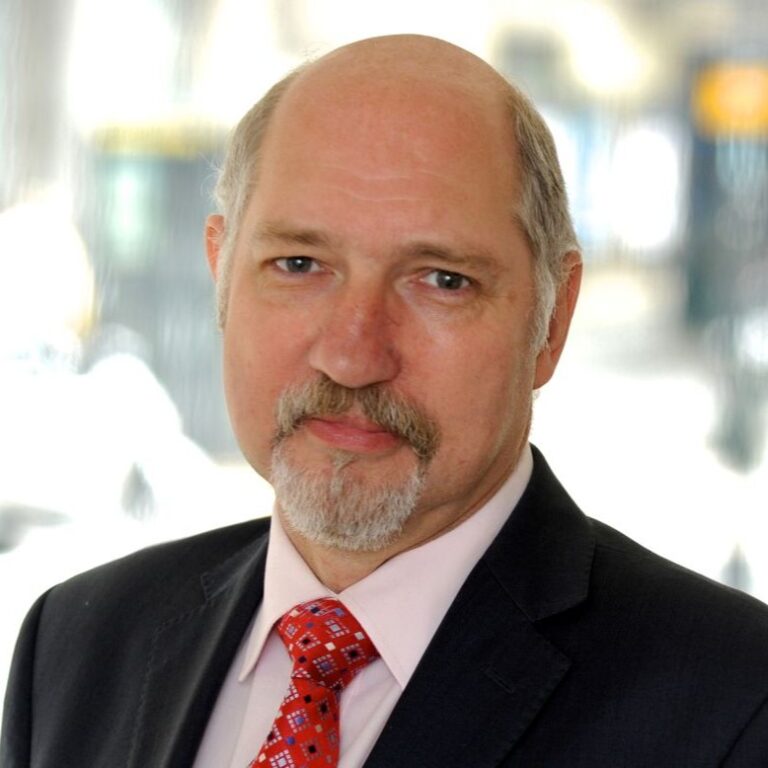
 Guy is a retired solicitor who has lived in Hammersmith for over 40 years. As well as having a long legal career, Guy has decades of experience in the not-for-profit sector. He was a school governor for 35 years and spent several years volunteering as Chair of the Finance Committee at Hammersmith & Fulham Law Centre. If you recognise Guy, that’s probably because he also served as a local councillor for Hammersmith & Fulham.
Guy is a retired solicitor who has lived in Hammersmith for over 40 years. As well as having a long legal career, Guy has decades of experience in the not-for-profit sector. He was a school governor for 35 years and spent several years volunteering as Chair of the Finance Committee at Hammersmith & Fulham Law Centre. If you recognise Guy, that’s probably because he also served as a local councillor for Hammersmith & Fulham.